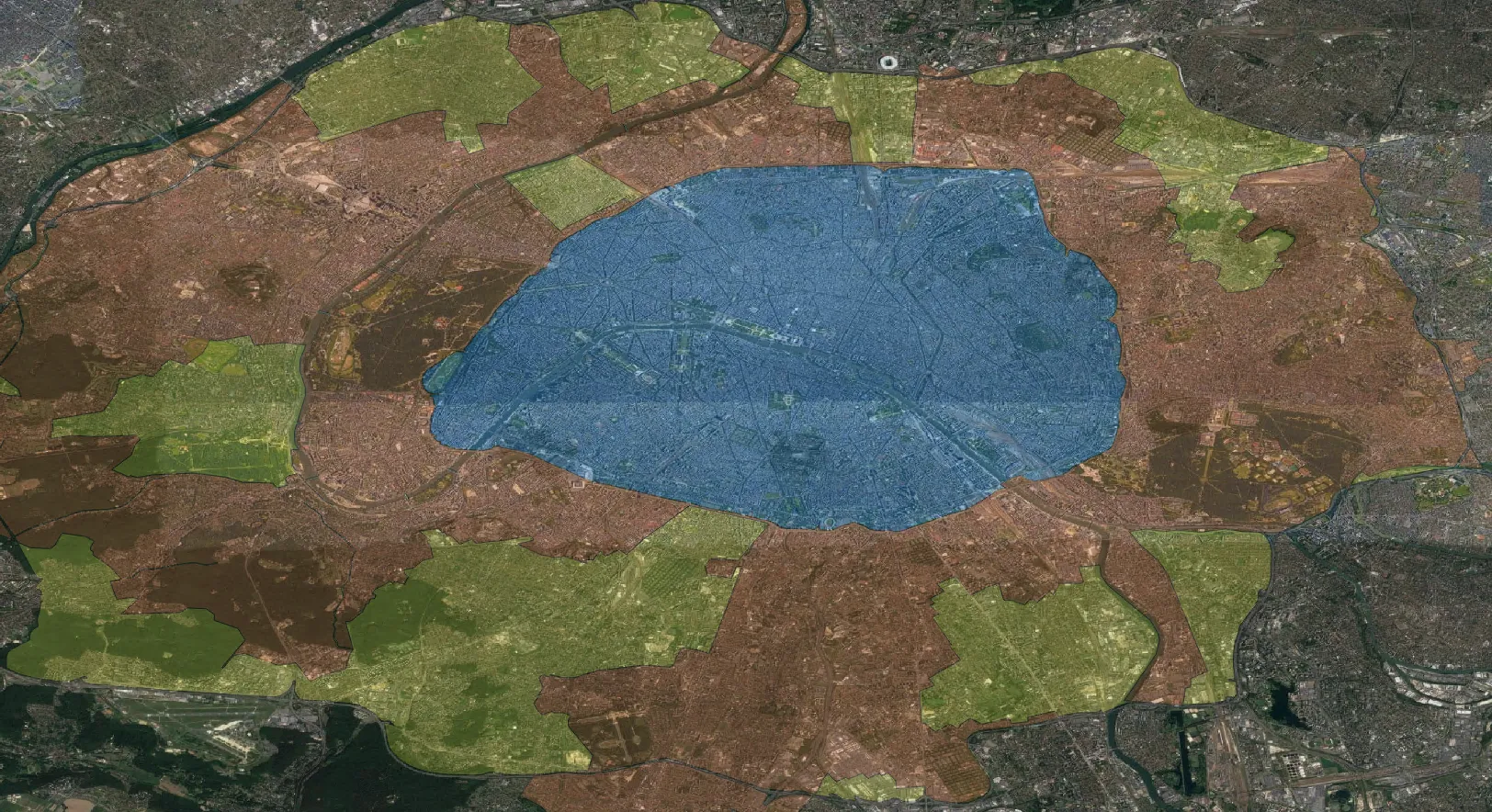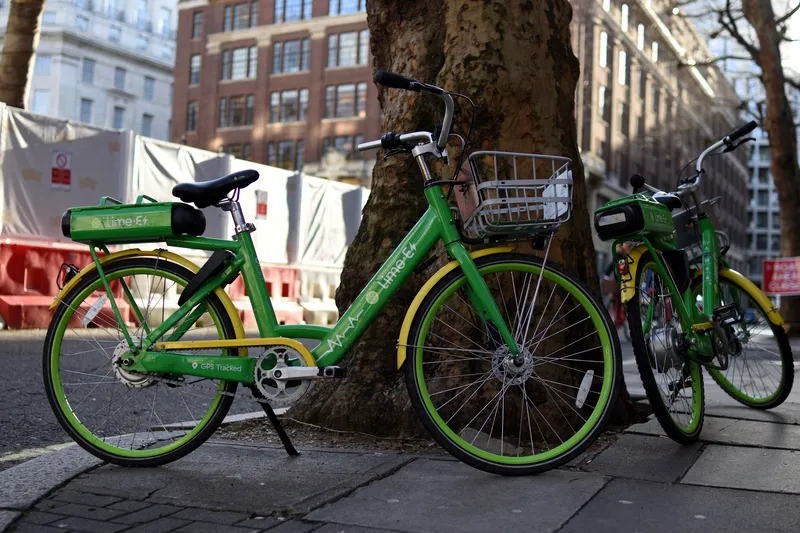
Transport for London (TfL) has launched an iPhone app to enable commuters to plan the best routes and travel outside peak hours to help maintain social distancing.
The TfL Go app also offers walking and cycling options which will be further developed based on customer feedback.
Vernon Everitt, managing director of customers, communication and technology at TfL, says: “This new app will make it easy to travel at the quieter times, change your plans on the move should that be necessary and access information on walking and cycling routes.”
TfL says the app improves accessibility information by including a 'step-free' mode that allows users to view all stations with street-to-platform accessibility. It shows where step-free access is available in one direction and step-free interchange between lines, the transport network adds.
Kirsty Hoyle, CEO of Transport for All, says: “This app is designed to provide detailed information, such as the width of gaps between platform and train and, at a later date, the status of lifts. This will empower disabled people to make informed decisions about available travel options.”
According to TfL, Londoners will be able to access the app’s journey information on the move as most of the tube stations offer free Wi-Fi.
TfL Go uses open data feeds freely provided to third party app developers. TfL's online data portal is being updated so developers can use the information in their own products and services.
During the peak of the coronavirus pandemic, 38 tube stations had to close due to shortages of staff who were affected by coronavirus. TfL has returned services to near normal levels and has worked to reopen most stations.
Heidi Alexander, deputy mayor for transport, says: “We are helping passengers to travel safely around the capital by introducing a wide range of hygiene measures across the network, restoring public transport services to near-normal levels and creating more space for walking and cycling.”
Alexander recognises that coronavirus will continue to impact the way people move around London for the “foreseeable future” and emphasises that Londoners need to “work with us for everyone's safety”.
“This means continuing to maintain social distancing, wearing a face covering while using the network, avoiding travelling at peak times when you can, and walking and cycling where possible when arriving at mainline central London train stations,” she adds.
TfL intends to release an Android version of the app in the autumn, with further updates later in the year. New features will include live bus information, lift status and the location of toilets.
In a separate move, TfL is adding new cameras to its ultra low emission zone (ULEZ) in a move which will expand the area in Central London up to the North and South Circular in October 2021.
TfL says the ULEZ schemes will reduce harmful nitrogen oxide emissions from road transport by around 30% across the whole city, improving air quality for millions of Londoners.
Alex Williams, TfL's director of city planning, says: “We have already seen significant falls in the most toxic emissions in central London and now see most vehicles meeting the tough standards in the heart of the capital.”
According to TfL, 80% of vehicles are now complying with emission standards in the central zone compared with 39% in February 2017. It has also contributed to a 44% reduction in roadside nitrogen within its boundaries, the transport network adds.
The new zone will require an extra 750 cameras to the current 650 that are operating in London.
TfL predicts four out of five cars will be compliant by the time the scheme is introduced.
“We expect to see the benefits felt by people across the city when the zone enlarges and are providing financial support for small businesses and the most vulnerable to help them make the green transition,” Williams adds.
London's mayor Sadiq Khan launched a £48 million scrappage scheme to help low incomes, disabled Londoners, small businesses and charities meet the ULEZ standards by switching to cleaner vehicles.
Earlier this year, Khan doubled the amount of money available to £7,000 for businesses and charities looking to scrap their older and more polluting vans and minibuses.
The UK government also offers up to £2,000 to people who want to ditch their cars in favour of a cleaner alternative and £1,000 for motorbikes.









